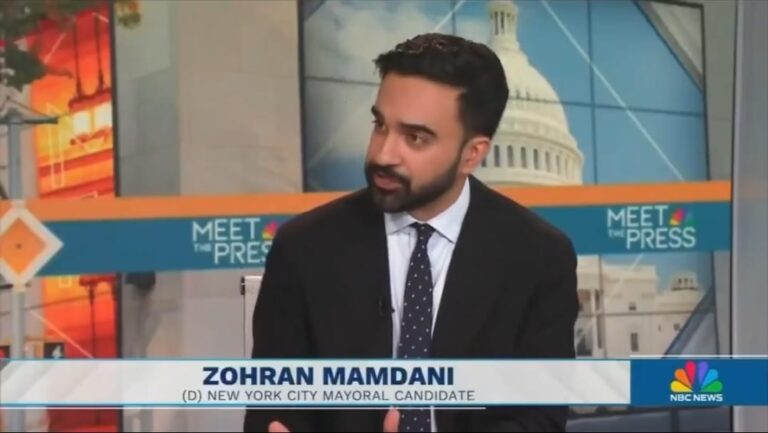One of the prohibitions mentioned in this weeks Parsha is where the Torah disallows any of the Amonim or Moavim to intermarry within Klal Yisroel. The two reasons given for this ban is because they refused to give us bread and water upon our exodus from Mitzrayim as well as having hired Bilam to curse us. We see that the Torah seems to equate these two crimes, that of cursing our people, to refraining from offering us food and drink. Isn’t hiring someone to curse us a far more heinous crime then merely holding back some “Tzaidah L’Derech“?
The Mailitz Yosher asks that their failure to be gracious hosts is all the more difficult to comprehend when you look at the instinctive behavior exhibited by their Patriarch, Lot. Lot was seemingly the paragon of what a Ba’al Chesed should be. Risking his life in order to be Machnis Orchim when the Melachim came to Sedom is something that surely only a true Ba’al Chesed would do.
The Be’eras Yitzchok explains that it is specifically for this reason why Hashem considered this to be so terrible a crime. As they inherited a natural tendency to hospitality from their ancestor, Lot. It seems like they deliberately acted against their own nature and refused to offer bread and water to the Jewish people who were traveling through the desert and surely in need of the basic necessities. Even though hiring Bilam to curse the Jews was objectively a far more damaging act, nonetheless, on their level of bechira, the refusal to help the Jews is judged on the same level and is deserving of such a strong punishment.
This answer, however, needs some clarification. How is it possible for a nation to go against their nature so much so that they are inclined to do good, and yet almost deliberately fail to follow their predisposition?
In the sefer Olam Hamidos, the Mechaber, R’ Moshe Dan Kestenbaum brings an interesting anecdote that may help to understand this phenomenon. He writes of a Jewish Holocaust survivor who prior to the war would be found to comment to his friend how seemingly polite and gracious the German people were. He attributed this to the fact that after giving a lost person directions, the Germans would always end off… “This is the right way to go…is it not?” an ostensibly modest and unpretentious statement. After the war this same Jew was noticed by his friend to be severely handicapped after an injury that he sustained to his arm. He told his friend how ironically as the Nazi was brutally torturing him and permanently injuring his arm he kept on asking… “This hurts…….does it not?”
If our generosity and benevolence is not coming from a real and sincere place that wants to truly provide for someone else, but is rather coming from mere “learned behavior” then that nature won’t stand the true test of time and in fact may not be exercised at all when it really should be. It could very well be that Lot himself only learned this behavior from his uncle, Avraham Aveinu but never really integrated it within himself to perform as a result of innate goodness. As a result, his descendants were not able to actualize these faculties, as they were not so naturally inclined to do good after all. The Alter of Slabodka brings a proof to this idea from the Medrash that explains why Lot was worthy to be saved. It was because when Avraham said that Sarah was his sister, Lot could have easily revealed the truth to the Mitzriim and probably earn a great deal of money in return. It was for this reason that Lot warranted his salvation. The Alter asks, surely his Hachnoses Orchim in Sodom was much greater and should be the reason for his merit as he in fact he even risked his life for it? He answers that because Lot’s Hachnoses Orchim was a result of his upbringing and not something he had internalized himself, it did not reflect in any high level and therefore deserves no reward. While Lot may have been a really “nice and polite guy”, a true Ba’al Chesed he was not.
Unfortunately, living in America today we may fall prey to similar superficialities. As long as we’re polite with our pleases and thank yous we’re considered good people. So called “Mentchlechkeit” is governed by our ability to hold open the door and tell bus drivers thank you, and we are now considered good people. But are we really? There is nothing more ironic then listening to a Shabbos table discussion that starts to rank on various neighborhoods that don’t say “Good Shabbos” to one another. It’s kind of interesting to watch people incite hate and disdain over a sect of people who aren’t as “nice” and “accepting” as they are who greet everybody so properly and politely. While that may make us good Americans we have to really delve into ourselves as to where our Chesed is coming from. Do we say thank you as a result of a true feeling of indebtedness and gratitude or merely because we were taught to do so?
May we be Zocheh to make our Middos become a true part of who we are which will then manifest themselves always and forever.
HAVE A GREAT SHABBOS.
WE NEED YOUR HELP TO CONTINUE. PLEASE CONSIDER SPONSORING AN ISSUE, FOR ANY OCCASION. FOR DETAILS EMAIL: [email protected].
For questions or comments please send an email to: [email protected] To add a friend to this weekly email list please send a request to: [email protected] CHECK IT OUT. IT’S NOW LIVE. LOOK UP ALL YOUR FAVORITE VERTLUCH AT: www.vertluch.com










